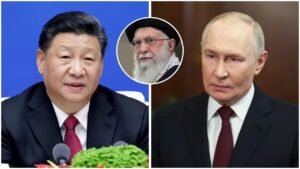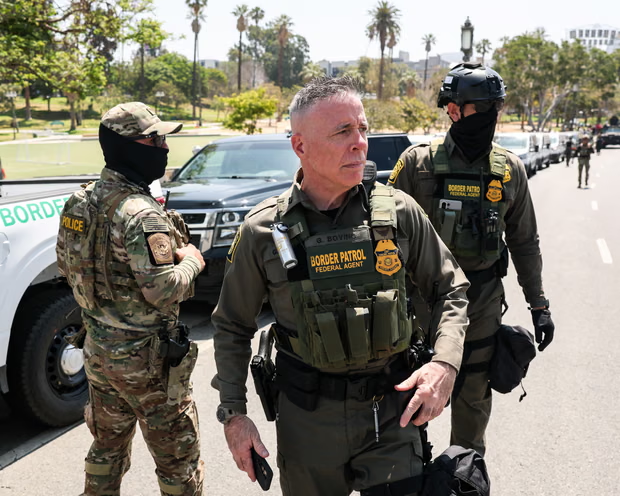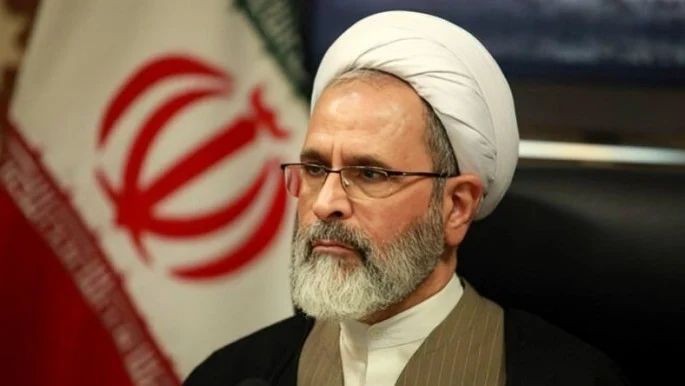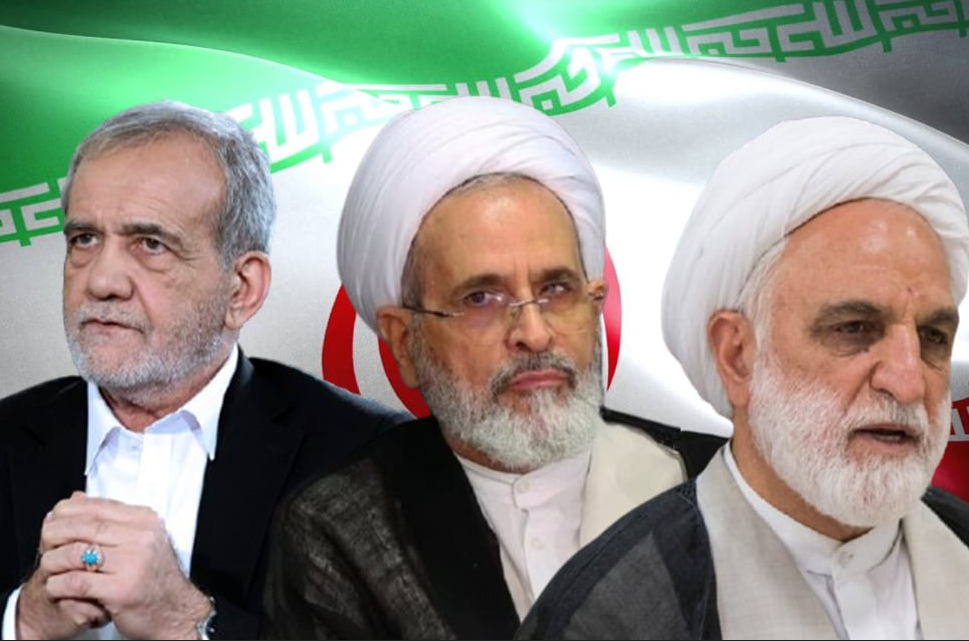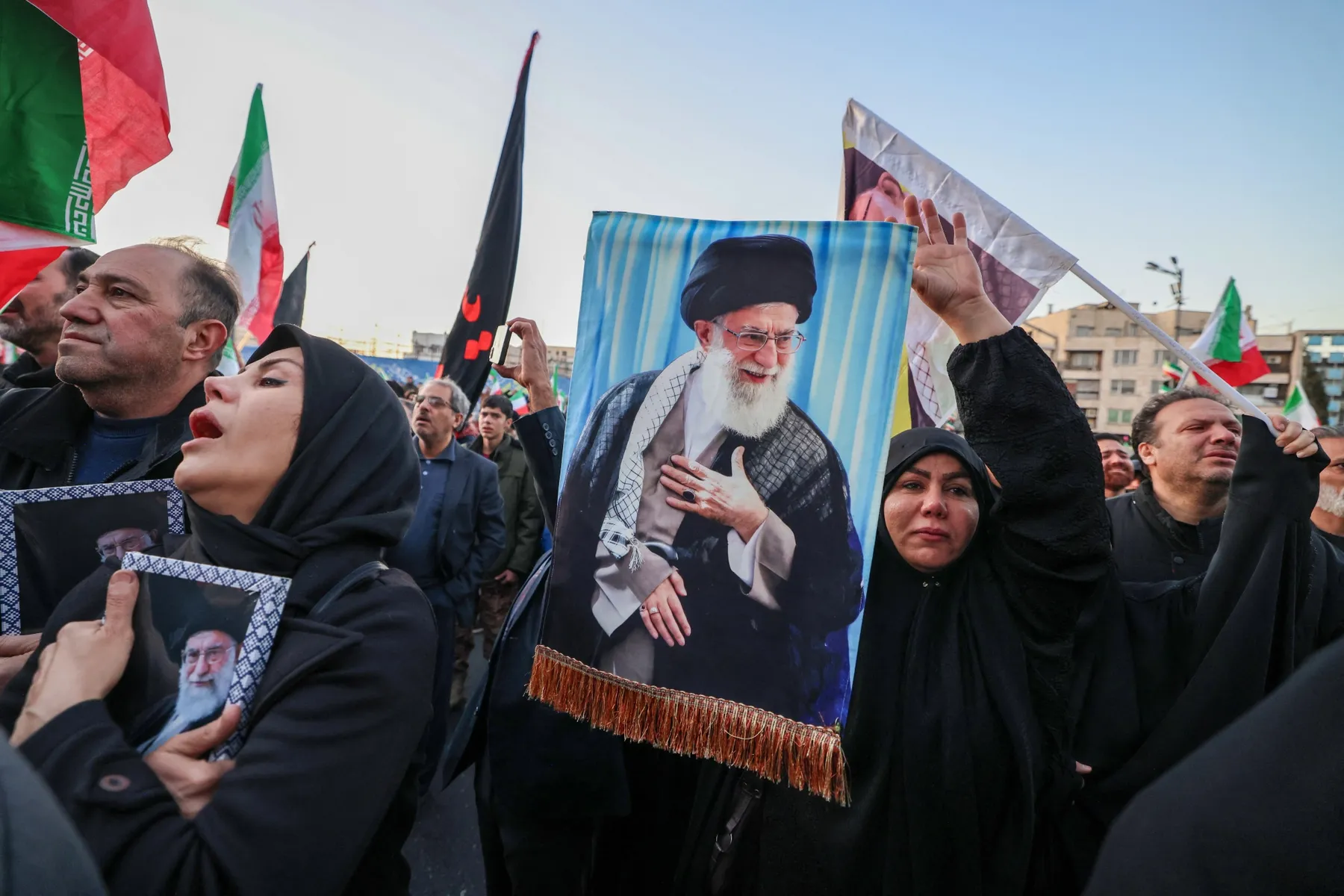Donald Trump has dismissed a top federal prosecutor in California after she told border agents they must follow court orders during immigration raids. The sudden removal has sparked debate over the role of federal attorneys and the limits of presidential authority.
Michele Beckwith, who became acting US attorney in Sacramento in January, was terminated on July 15. Documents show she was informed by email that the president had ordered her removal. The notice came less than six hours after she sent a message to a senior border official reminding him to respect constitutional protections.
The controversy began when Gregory Bovino, head of the Border Patrol unit in El Centro, called Beckwith about a planned immigration raid in Sacramento. According to accounts later reviewed by investigators, Bovino asked who in her office to contact if officers faced resistance. Beckwith replied that agents could not indiscriminately stop or detain people. She cited a federal court order from April that barred such actions in her district without reasonable suspicion.
Her warning reflected an ongoing legal battle. Earlier in the month, the Supreme Court overturned a similar order in Los Angeles. That decision allowed broader discretion for federal agents conducting immigration checks, though questions about constitutional limits remain unsettled.
On the morning of July 15, Beckwith reinforced her position in writing. In an email sent at 10:57 a.m., she stated she expected “compliance with court orders and the constitution.” By late afternoon, her office computer and phone access were disabled. At 4:31 p.m., she received a message on her personal account notifying her of her dismissal.
Two days later, Bovino moved forward with the raid. His officers conducted operations at a Home Depot in Sacramento. He also recorded a video at the California state capitol declaring that “there is no such thing as a sanctuary city.” In a statement defending his actions, Bovino argued that Beckwith’s email showed bias against law enforcement. He added that the Supreme Court ruling confirmed that Border Patrol respects constitutional standards.
The high court’s September 8 decision intensified the dispute. Justices ruled that federal immigration officers may stop individuals based on factors such as appearance, language, or workplace. The ruling overturned a lower court’s attempt to restrict broad enforcement tactics in Los Angeles. Critics warn the decision could erode Fourth Amendment protections, while supporters say it strengthens federal authority over immigration.
Beckwith’s removal is not an isolated case. In recent weeks, other federal prosecutors have faced pressure or dismissal. Erik Siebert, another US attorney, resigned last week after resisting White House demands. Trump quickly replaced him with Lindsey Halligan, a close aide, only hours after posting about the matter on social media. That message was later deleted.
Observers note that these firings align with a broader effort to install loyal figures in key legal posts. Supporters argue the president is entitled to choose his team. Critics warn that removing attorneys for enforcing the law undermines the justice system’s independence.
Beckwith has since appealed her termination. In comments to reporters, she expressed concern over the erosion of legal safeguards. She emphasized her duty was to uphold the constitution and enforce court orders. “We have to stand up and insist the laws be followed,” she said.
Her case has drawn attention from legal experts who see it as part of a clash between executive authority and judicial oversight. The outcome of her appeal may set an important precedent for how far presidential power can extend in shaping federal law enforcement.


